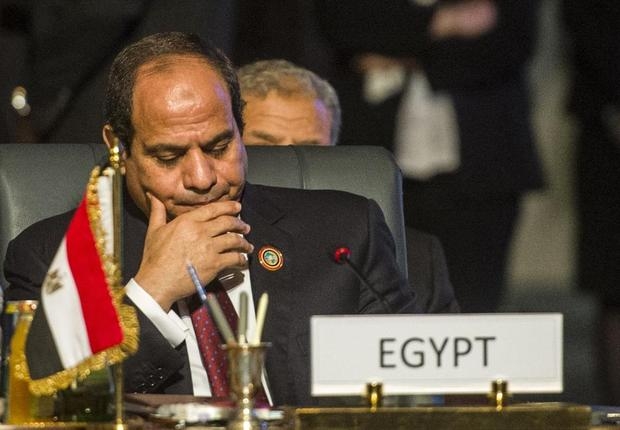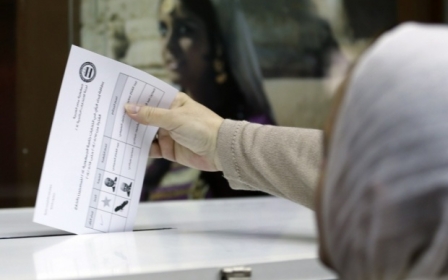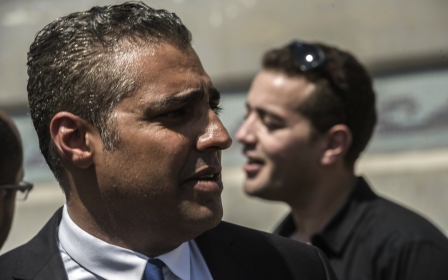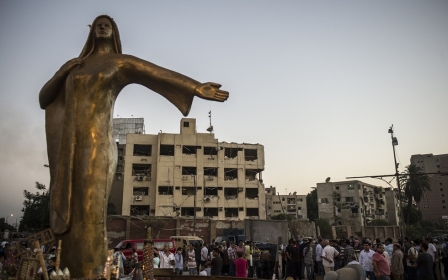Egypt parliamentary elections to begin in October

Egypt's parliamentary elections, the first since President Abdel Fattah al-Sisi took office, plan to begin in phases on October 17, the electoral commission announced on Sunday.
Analysts say the polls, with Sisi loyalists heavily favoured to emerge the big winners, will appease Egypt's backers in the West who see the president as a rampart against religious violence despite concerns over cracking down on opposition parties.
A new parliament will be in place "by the end of the year", according to Ayman Abbas, head of the electoral commission.
The polls had initially been scheduled for early 2014 but were repeatedly delayed on legal grounds amid charges from rights groups of repressive measures during a crackdown on the Muslim Brotherhood.
The October 17-December 2 elections will be contested more than two years after the military under Sisi, who was then army chief and won a presidential election last year, toppled president Mohamed Morsi, whose now-banned Muslim Brotherhood had swept Egypt's last legislative vote in late 2011.
Critics say that with the Brotherhood having been crushed and banned, the elections are bound to be dominated by Sisi loyalists.
Brotherhood supporters and members of other opposition groups are likely to boycott the elections.
The elections are important to Sisi as he seeks to improve his standing with Western governments that condemned his overthrow of Morsi - Egypt's first freely elected leader.
The constitutional court had ruled in March that part of the electoral law was unconstitutional, prompting the latest delay before the electoral commission began work on setting new dates.
The same court had dissolved the previous Muslim Brotherhood-dominated parliament, which was elected after the 2011 uprising that forced longtime dictator Hosni Mubarak from power.
The House of Representatives has 568 seats, with 448 up for election. Parliament also has quotas for Christians and women. The president may appoint no more than 5 percent of the seats.
Egypt faces significant challenges, including a stagnant economy and an armed insurgency based in the Sinai.
After Morsi's ouster in July 2013, Sisi announced plans for a new constitution, to be followed by presidential and parliamentary elections.
A new charter was adopted in January 2014 and Sisi was elected president in May of last year.
New MEE newsletter: Jerusalem Dispatch
Sign up to get the latest insights and analysis on Israel-Palestine, alongside Turkey Unpacked and other MEE newsletters
Middle East Eye delivers independent and unrivalled coverage and analysis of the Middle East, North Africa and beyond. To learn more about republishing this content and the associated fees, please fill out this form. More about MEE can be found here.




